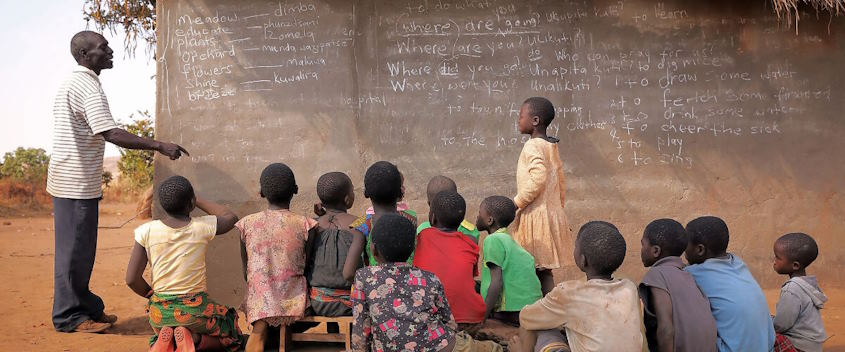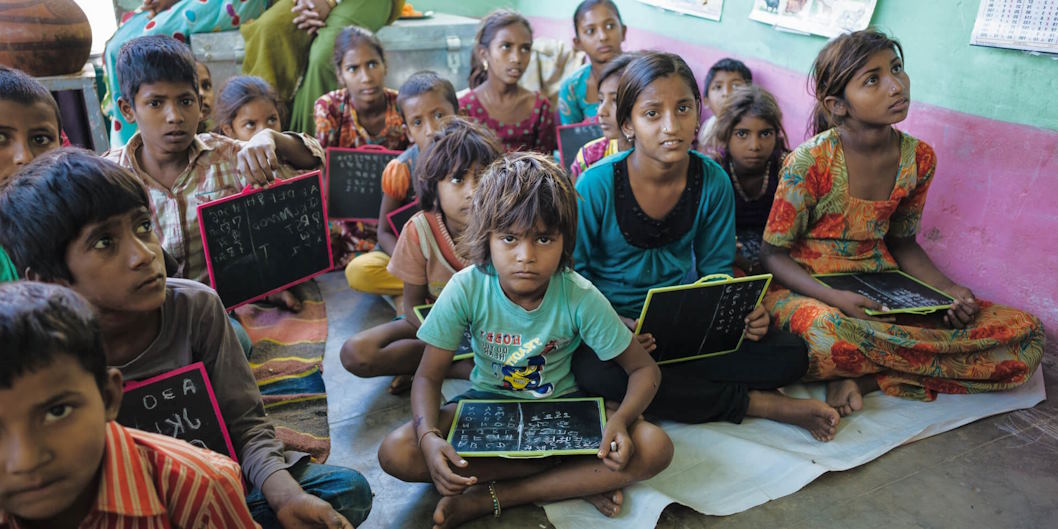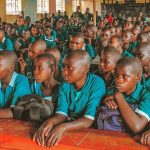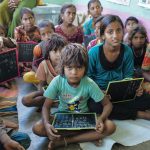Education is a magic key that helps us learn new things, dream big, and become who we want to be. But for many people living in poor regions, getting a good education can be really hard. There are a lot of problems, like not having enough money or good schools that can make it tough for them to learn.
How can we solve problems with education in poor regions?
Understanding the Local Context
Conduct thorough research and assessments to understand the unique challenges the community faces. It includes studying the socioeconomic conditions, cultural norms, and educational infrastructure. The good idea is to engage with local leaders, educators, parents, and students to gain insights into the issues hindering education in the region.
Collaborating and Building Partnerships
Collaborate with local stakeholders, including government authorities, NGOs, community-based organizations, and international agencies. By working together, you can leverage resources, share expertise, and avoid duplication of efforts. Collaborative efforts are often more sustainable and impactful than isolated initiatives.
Providing Basic Needs
Ensure that schools have access to clean and safe drinking water, proper sanitation facilities, and nutritious meals. These fundamental needs are essential for the health and well-being of students. To create a conducive learning environment, improve school infrastructure, including well-ventilated classrooms, libraries, and recreational areas.

Improving Teacher Quality
People can develop teacher training programs focusing on pedagogical skills and subject matter expertise. Well-trained teachers are more effective in delivering quality education.
Continuous professional development opportunities can keep teachers motivated and up-to-date with innovative teaching methods.
Adapting Curriculum and Materials
Tailor the curriculum to the local context, considering the community’s culture, language, and specific needs. A culturally relevant curriculum can engage students and make learning more meaningful.
Provide students with localized learning materials, including textbooks and educational resources that reflect their experiences and surroundings.
Offering Scholarships and Financial Aid
Establish scholarship programs or financial aid initiatives to make education more accessible for economically disadvantaged students. Scholarships can serve as a powerful tool in breaking the cycle of poverty.
Advocate for Policy Changes
Raise awareness about the importance of education in poor regions through public campaigns and advocacy efforts. Try engaging with local and national policymakers to influence policy changes prioritizing education funding, equity, and support for marginalized communities.









